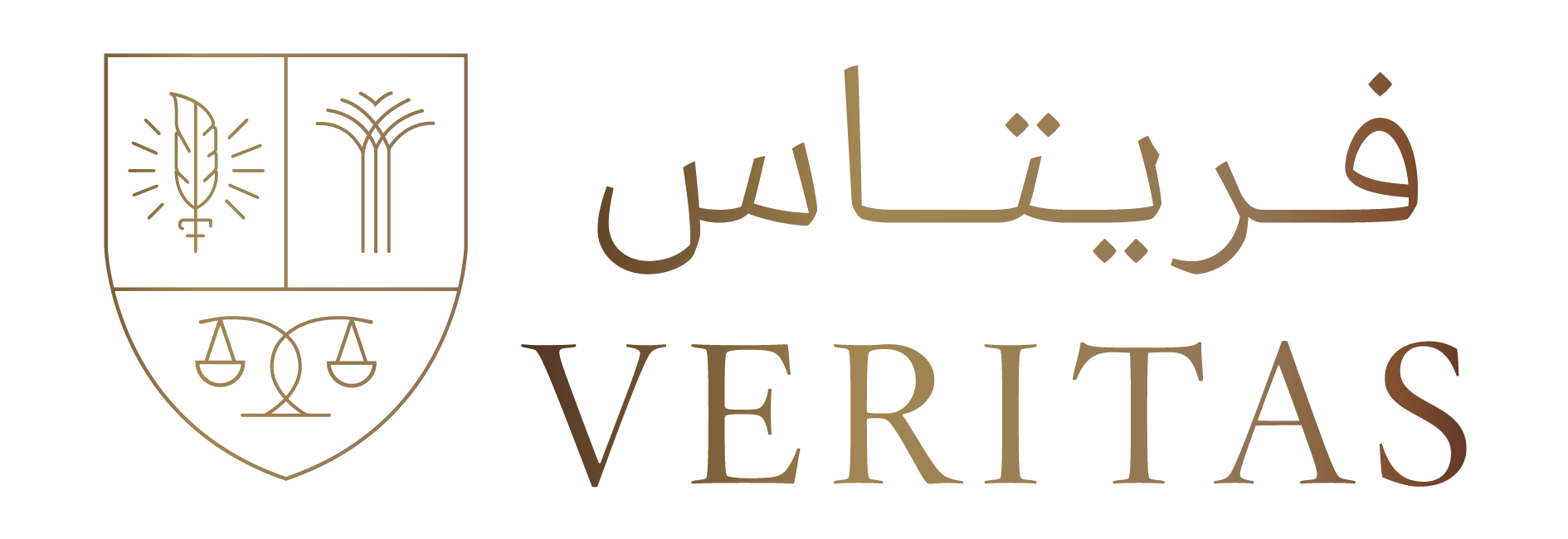
A Historic Shift in Saudi Arabia Investment in 2025
- February 13, 2025
- 6:56 am
Saudi Arabia Opens Holy Cities To Foreign Investment: What It Means For Mecca & Medina?
For the first time, Saudi Arabia is permitting foreign investors to acquire stakes in real estate companies operating in Islam’s two holiest cities
Why This Change Matters: Balancing Growth & Heritage
The Capital Market Authority (CMA) has introduced a strategic 49% ownership cap for foreign investors, ensuring Saudi Arabia retains majority control. Key highlights:
Foreign investors can now own shares and convertible debt in Mecca/Medina real estate firms.
Safeguards in place to protect the cultural and religious significance of these cities.
Goal: Boost Saudi Arabia’s capital markets, attract global investment, and support Vision 2030’s economic diversification.
Religious Tourism: A $12 Billion Opportunity
Mecca and Medina are already economic powerhouses, with religious tourism generating $12 billion in 2019. But Saudi Arabia has even bigger plans:
Target: 30 million annual pilgrims by 2030 (up from ~7 million pre-pandemic).
New infrastructure: Hotels, transport, and facilities to enhance pilgrim experiences.
Economic impact: More jobs, increased FDI, and stronger non-oil revenue streams.
The Commercial Registration Law, comprising 29 articles, introduces significant reforms to simplify business processes and reduce financial burdens. Key provisions include:
- Elimination of Sub-Registrations: Businesses will no longer require multiple sub-registrations for different activities. Instead, a single commercial register at the national level will cover all business operations.
- Five-Year Grace Period: Existing sub-registrations must be regularized within five years—either by transferring ownership, merging into a new company, or dissolving the sub-registration and consolidating assets under the main registration.
- Mandatory Bank Account Linkage: Commercial establishments must link bank accounts to their registrations, improving financial transparency and transaction integrity.
- Annual Electronic Confirmation: Replacing the traditional renewal process, businesses must now electronically verify registration data annually. Failure to comply may result in suspension or deletion of the registration.
- Activity Licensing Deadline: Businesses must obtain necessary activity licenses within 90 days of registration, with possible extensions granted by licensing authorities.
Market Response: Investors Rush In
The announcement sent shares soaring for major Saudi real estate developers, including:
Jabal Omar Development Company
Makkah Construction and Development Company
For global investors, this is a rare chance to be part of Mecca and Medina’s growth—while contributing to projects that serve millions of pilgrims.
Tradition Meets Transformation
Saudi Arabia’s move is more than just policy—it’s a symbol of progress without compromise. By carefully opening these cities to foreign capital, the kingdom is:
-Preserving their sacred identity
-Fueling sustainable economic growth
-Setting a global example of balancing heritage with innovation
What’s Next for Saudi Arabia?
This decision marks a pivotal moment in Saudi Arabia’s Vision 2030 journey. As Mecca and Medina evolve, the world will be watching—not just for financial returns, but for how a nation honors its past while building its future.
